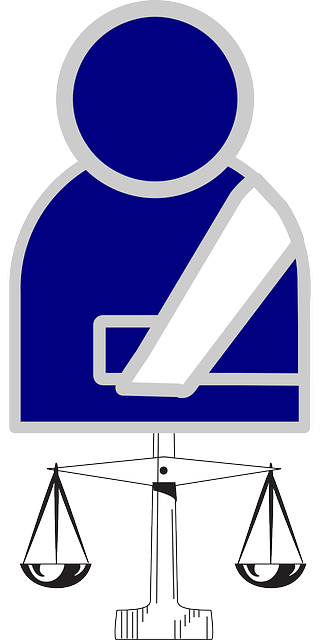Understanding employment law fundamentals is crucial for employers and employees. Filing an employment law complaint involves gathering evidence, documenting misconduct, filing a formal complaint with relevant authorities, exploring mediation, and proceeding with hearings or jury trials if negotiations fail. Meticulous documentation and consultation with a legal professional are key to navigating this process successfully.
Criminal law enforcement is a complex and critical aspect of modern society, ensuring justice and protecting citizens. When navigating employment disputes, understanding the basics of employment law is essential. This article guides you through the process, starting with recognizing violations and documenting evidence for a solid claim. Learn effective strategies for filing and pursuing your employment law complaint, ensuring you take the necessary steps to protect your rights. Discover key insights into each phase of this legal journey, from initial understanding to successful resolution.
- Understanding Employment Law Basics
- Documenting Evidence for Complaint
- Filing and Pursuing Your Claim Effectively
Understanding Employment Law Basics

In the realm of criminal law enforcement, understanding employment law basics is paramount for both employers and employees. Employment law governs the relationship between an employer and their workforce, ensuring fair treatment and adherence to specific rules and regulations. When disputes arise, it’s crucial to know the steps involved in filing an employment law complaint. This process begins with identifying potential violations, such as discrimination, harassment, or unfair termination. Employees should gather evidence, including documents, emails, or witness statements, to support their case.
Submitting a well-documented complaint to the appropriate authority, whether it’s a government agency or an internal HR department, is the next critical step. This initiate can lead to mediation, where both parties attempt to resolve the issue without formal proceedings. If negotiations fail, the case may progress to hearing or jury trials, achieving extraordinary results for those seeking justice. By understanding their rights and following these steps, individuals can navigate employment law disputes effectively and potentially avoid indictment in the process.
Documenting Evidence for Complaint

When filing an Employment Law Complaint, meticulous documentation of evidence is paramount. The first step in this process involves gathering all relevant documents that support your claim. This may include contracts, pay stubs, emails, text messages, or any other form of communication pertaining to the alleged violation. It’s crucial to organize these records chronologically and categorically for easy reference.
Once you’ve compiled the necessary evidence, the next step is to file a formal complaint with the appropriate authority, such as a government agency tasked with employment law enforcement. This process often involves outlining the specific violations, providing detailed descriptions of the incidents, and submitting the gathered evidence. While many cases are resolved without going to trial, understanding the steps to document and file an Employment Law Complaint can empower individuals to navigate the system effectively, ensuring justice within the general criminal defense framework and contributing positively to both philanthropic and political communities.
Filing and Pursuing Your Claim Effectively

When navigating criminal law enforcement, filing and pursuing your claim is a crucial step in seeking justice. The initial steps to file an employment law complaint involve gathering evidence, documenting instances of misconduct, and consulting with a legal professional who specializes in these matters. This process requires meticulous attention to detail, as it forms the foundation for all stages of the investigative and enforcement process.
A proven strategy involves understanding your rights, identifying potential violations, and presenting a compelling case. By following structured procedures and leveraging an unprecedented track record of success for his clients, legal experts can help ensure your claim is handled effectively. This approach not only increases the chances of a positive outcome but also guarantees that your rights are protected throughout the entire process.
In navigating Criminal Law Enforcement, understanding employment law basics is paramount. By effectively documenting evidence and filing your complaint, you can pursue your claim with confidence. Following the defined steps to file an employment law complaint ensures a robust process, empowering individuals to seek justice and rectify wrongdoings in the workplace.






